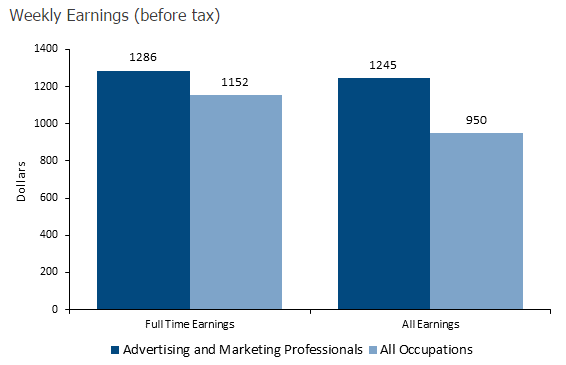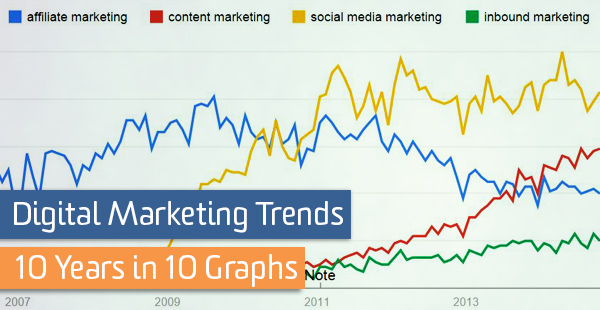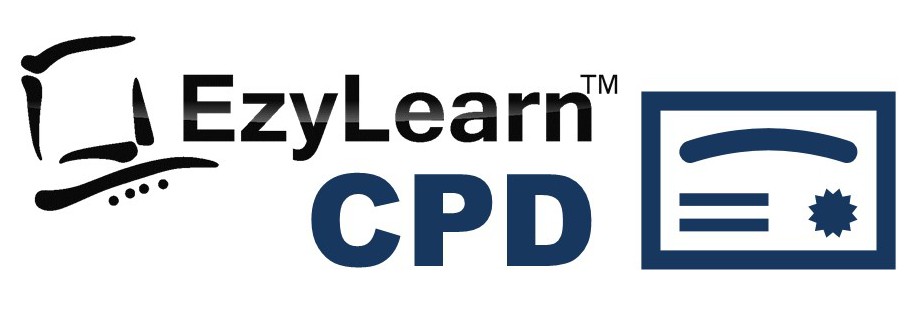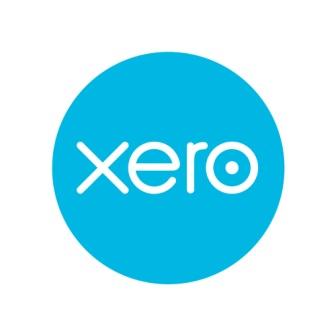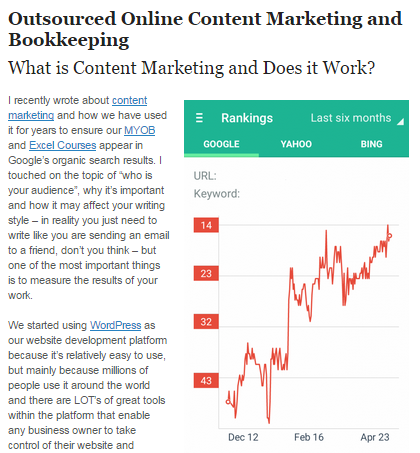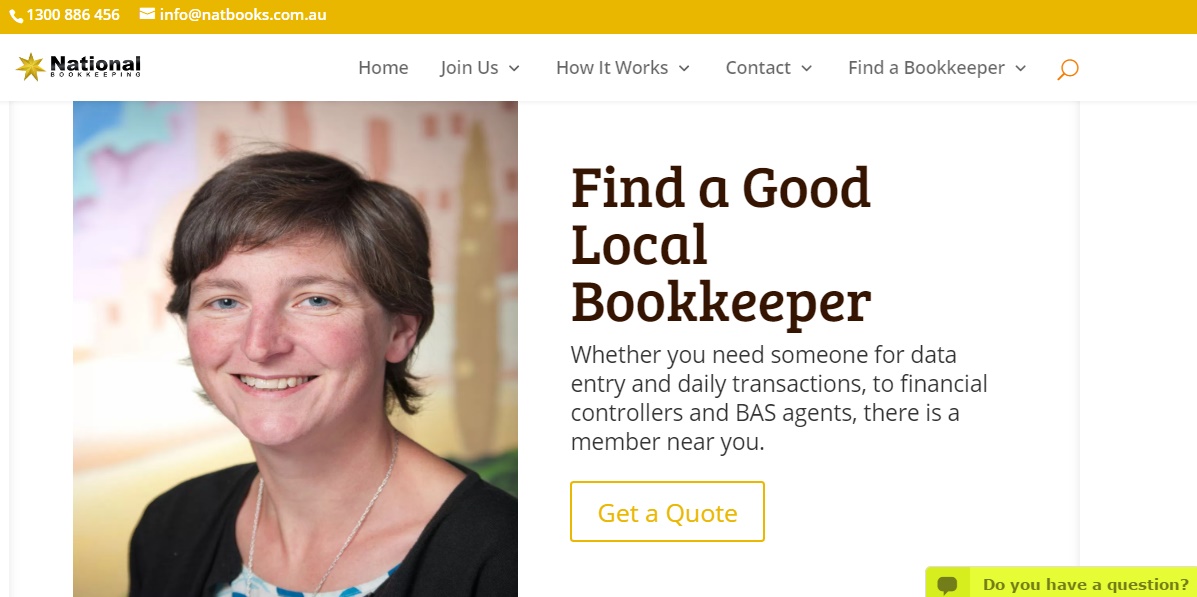I’ve created some education guides for real estate agents
 If you’ve read my recent blogs about the free WordPress training video for Youtube and real estate agents or Facebook Advertising for real estate agents you’d get the feeling I’ve been pretty submersed in the real estate industry! Well, you’re right and the good news is that if you’re a bookkeeper looking to start your own bookkeeping business this will help when I start sharing what I’ve learnt about the sales techniques used by real estate agents to sell property – it could help you sell your bookkeeping services.
If you’ve read my recent blogs about the free WordPress training video for Youtube and real estate agents or Facebook Advertising for real estate agents you’d get the feeling I’ve been pretty submersed in the real estate industry! Well, you’re right and the good news is that if you’re a bookkeeper looking to start your own bookkeeping business this will help when I start sharing what I’ve learnt about the sales techniques used by real estate agents to sell property – it could help you sell your bookkeeping services.
For now I just want to share with you the news about our latest education guide on selling your property – it’s yours for free and has all the steps in the real estate sales process from the sales contract to settlement.
About the Selling Your Property Education Guide
Now, just to be clear we’ve done a LOT of research to come up with this guide because we make it available to the real estate agents that use our Digital Marketing services over at virion. Real estate agents can use this guide as a giveaway as part of their “Call-to-action and Lead Capture“. In creating this Education Guide we interviewed:
- real estate agents,
- property valuers
- conveyancers,
- property owners,
- property stylists,
- photographers,
- video producers
- auctioneers,
- building and pest inspectors
- tradies
- online marketing experts, and more
Winter is the perfect time to plan your property sale
Spring is the season that is most often touted as the best time to sell your property. Property buyers start coming out of their homes after the chilly winter to go and inspect properties at open houses and most people want a sale to be made before Christmas. If you’re one of these people looking to sell then this guide will explain why you need to start preparing now. Here’s what we’ve included in this guide, our table of contents:
If you are a real estate agent you can use this
Content marketing has been my marketing method of choice since 2008 after we spent a lot of money on Google Adwords and other advertising methods to try to attract students to our online training courses. I like content marketing because people (like you) get to know a bit more about us, you get to see the quality of our work and over time (after over 500 blog posts!) you get to see my commitment to EzyLearn and EzyLearn students. This is the type of commitment I believe real estate agents will need to make to stand out from the crowd and become more relevant in a digital age.
I’ve been fortunate to work with Derek Farmer (real estate agent in Sydney’s Lower North Shore) who understands the need for agents to change the way they come across. He spent tens of thousands of dollars to create a series of educational videos about each of the steps in the property selling process because he wants his vendors to understand each of the steps. He also realised that he was spending a lot of time explaining what goes on during the selling process and created the videos to share his experiences in these situations and inform vendors about how they can deal with their emotion and what decisions they can make when these situations arise.
If you’re a real estate agent and you want to re-brand our “Selling Your Property” Education guide please make contact with us via our Digital Agency (virion). Happy preparations!
 Coming Up… The Facebook Page Checklist
Coming Up… The Facebook Page Checklist
Facebook is one of the tools that real estate agents are jumping onto as quickly as they can and there’s a good reason for it demographic targeting – they can promote their brand to every person who lives within 2km of their office or “sales patch”. Bookkeepers or any other businesses can also use this targeting for their marketing and we’re putting the finishing touches on our Facebook Page Checklist AND our first Facebook for Business Course – Setting Up Your Facebook Page.
We’ll be giving away the Checklist for free so make sure you subscribe to receive it via email.


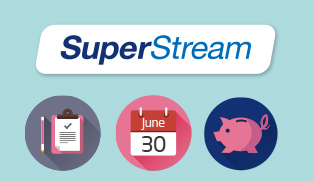 In July last year, EzyLearn published
In July last year, EzyLearn published 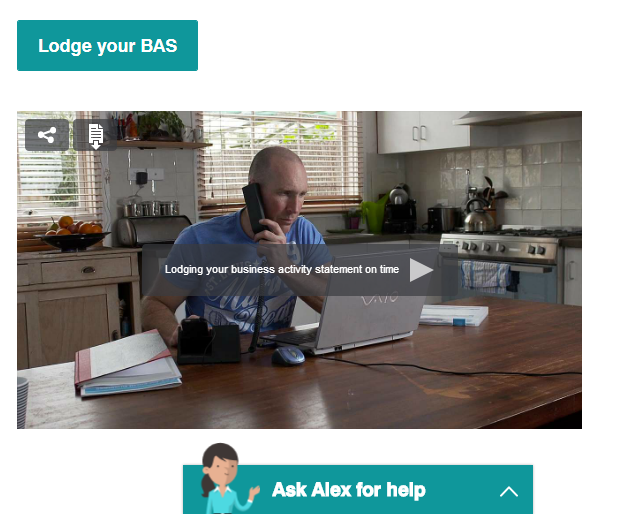
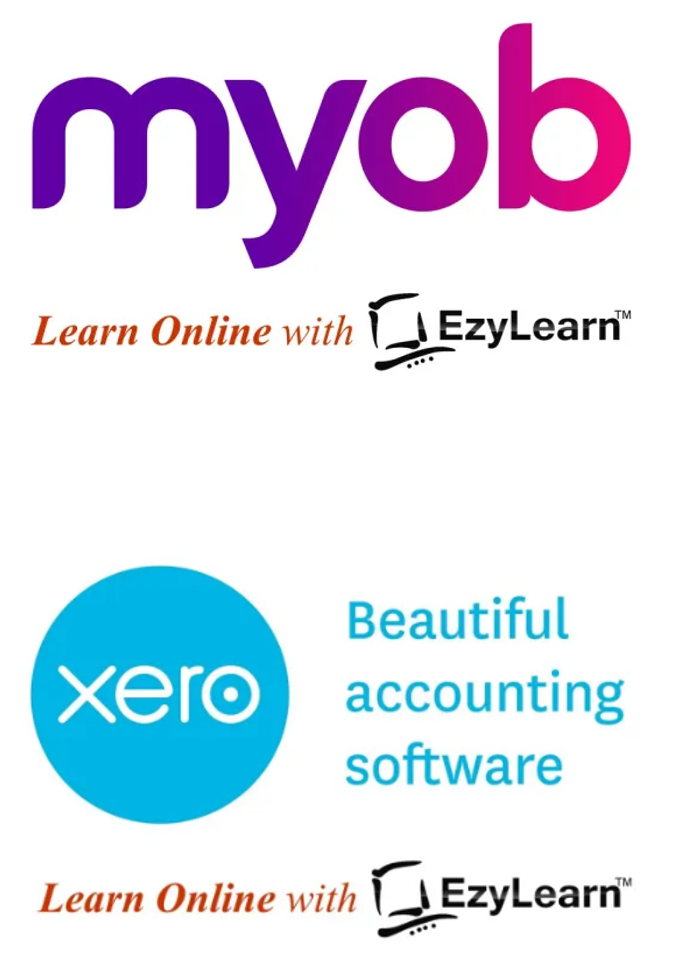
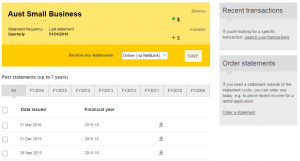
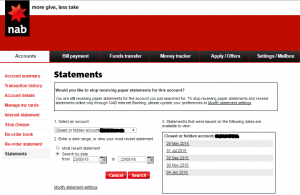

 They say that, in life, nothing is certain but death and taxes. If you live in Australia, however, it’s fair to say that nothing is certain but death, taxes and
They say that, in life, nothing is certain but death and taxes. If you live in Australia, however, it’s fair to say that nothing is certain but death, taxes and 



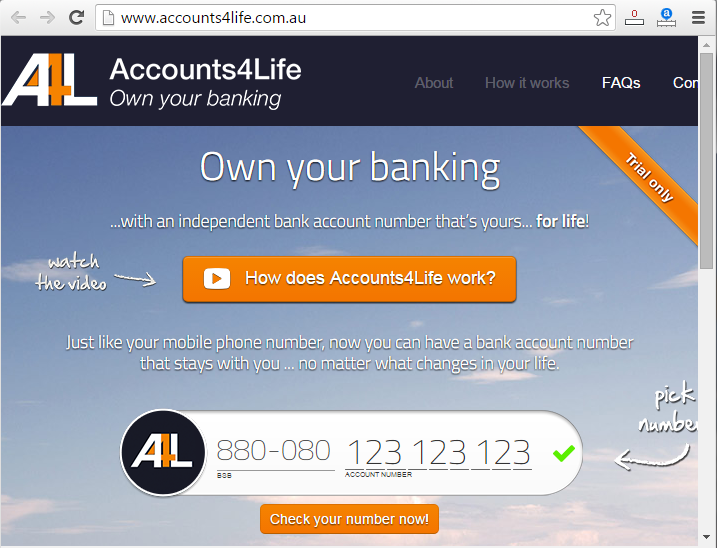 Recently, at the suggestion of her accountant, a friend of mine opened a new bank account, to be used strictly as a business account. My friend has been working as an independent contractor for a number of years, but she only ever had the one bank account. This meant, she was using the same account that her invoices were being paid into to buy things like shoes or groceries, which played havoc with her bookkeeping.
Recently, at the suggestion of her accountant, a friend of mine opened a new bank account, to be used strictly as a business account. My friend has been working as an independent contractor for a number of years, but she only ever had the one bank account. This meant, she was using the same account that her invoices were being paid into to buy things like shoes or groceries, which played havoc with her bookkeeping. 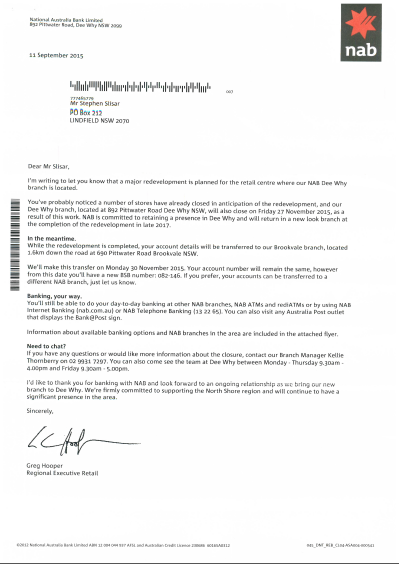 That’s when, after some digging, I came across the
That’s when, after some digging, I came across the 


 Fewer families today can prosper on a single income, but even if they can, there are even fewer mums who want to completely disconnect from the working world. The benefits of being employed and contributing to the corporate world extend beyond the financial; working provides a person with a sense of accomplishment, by keeping them stimulated and engaged in something they enjoy. Unfortunately, there are many barriers, both financial and practical, that prevent many women returning to work after having children.
Fewer families today can prosper on a single income, but even if they can, there are even fewer mums who want to completely disconnect from the working world. The benefits of being employed and contributing to the corporate world extend beyond the financial; working provides a person with a sense of accomplishment, by keeping them stimulated and engaged in something they enjoy. Unfortunately, there are many barriers, both financial and practical, that prevent many women returning to work after having children.  IF YOU’RE LOOKING TO
IF YOU’RE LOOKING TO 